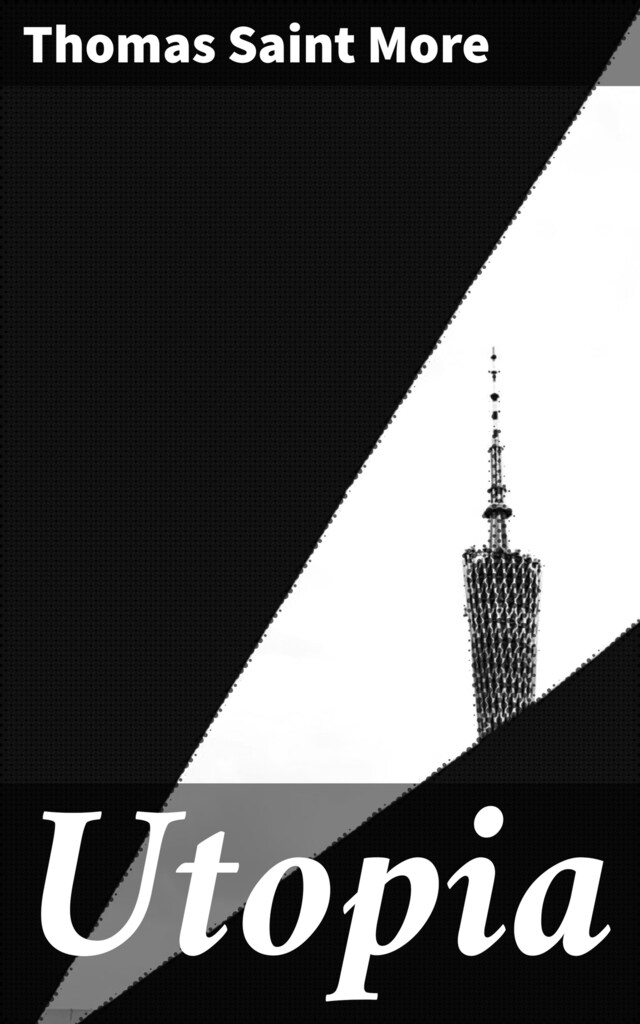
Utopia
Exploring an Ideal Society through Sharp Wit and Clever Satire
Tietoa kirjasta
In "Utopia," Thomas More presents a profound exploration of an ideal society, masterfully blending elements of political philosophy, humanism, and satire. Written in 1516, the book employs a dialogue format that leads readers through the imaginative island of Utopia, where communal living, social justice, and rational governance counter the prevailing socio-political turmoil of 16th-century Europe. More'Äôs intricate prose and allegorical style serve not only as a reflection of contemporary conflicts but also as a critique of European moral and ethical tendencies, grounding his ideas in the humanist tradition that sought to reconcile reason with spiritual values. Thomas More, an English lawyer, statesman, and prominent Renaissance humanist, was deeply influenced by the socio-political climate of his time, including the tensions surrounding the Reformation and the rise of Individualism. His commitment to social justice and common good, along with his early work in Utopian thought, provides critical context for understanding this seminal work. More envisioned a world where reason and compassion guided governance, providing his contemporaries'Äîand future generations'Äîwith a template for evaluating their own societal structures. "Utopia" remains a vital text that invites readers to examine their own ethical beliefs and societal systems. Its rich insights into justice, governance, and the human condition continue to resonate, making it essential reading for those interested in political philosophy and the quest for a just society. More'Äôs visionary ideas urge us to reflect on what is possible, challenging us to consider how we might shape our world into a better place.
 Thomas More
Thomas More 147 Sivua
147 Sivua